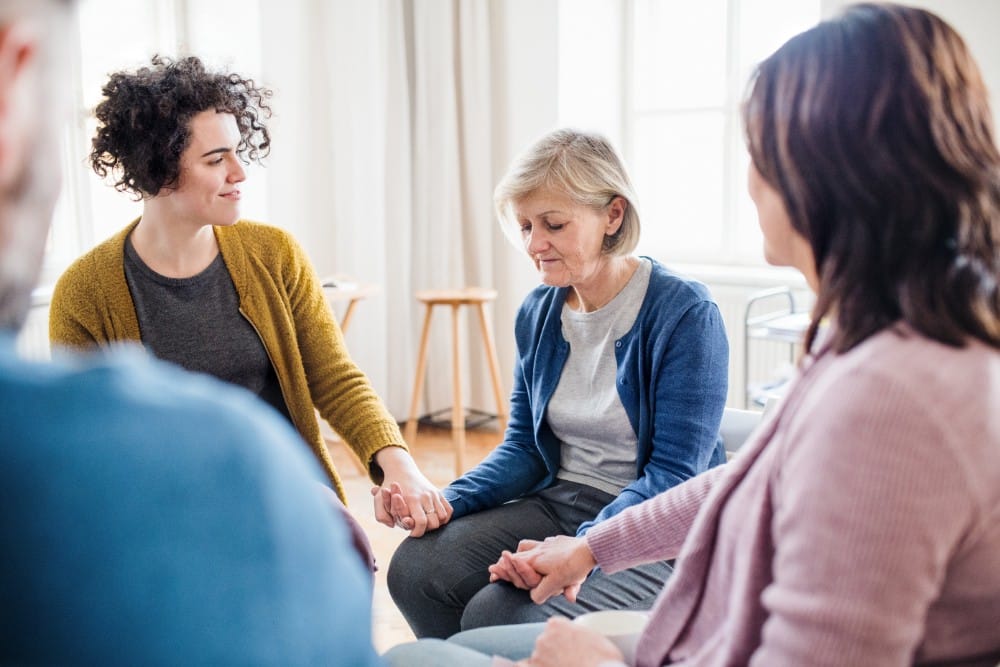
These Tips Can Help You Support a Loved One Through Relapse to Find Hope
When people go through addiction they are struggling with lots of scenarios. Physically, emotionally, and spiritually, they are juggling who they want people to believe they are with the realities of addiction. People with addiction are more prone to relapse if they have less support, don’t stay focused on recovery with friends who are walking the journey with them, and if they are enabled. Try these tips if you are offering support to a loved one who is going through relapse and needs additional support.
What is Relapse?
Medically speaking, relapse is when a person stops using drugs for a period of time then starts again. Their tolerance is likely lower so their risk of overdose goes up because they may take the same dosage they had before but the body is not used to it. They may continue using for a while or just do it one time, but an overdose can be lethal. Relapse is likely with addiction for many people because the brain is rewired to crave drugs or alcohol. It is difficult to know how, when, or where a person will relapse but the likelihood is higher with certain risk factors. Stress can also be a huge trigger for people with addiction in recovery to relapse.
How to Help
The biggest thing family, friends, and loved ones can offer is empathy. To remove the veil of secrecy and shame surrounding relapse. It is not their fault they are struggling. Perhaps they could have communicated better or reached out, but they are struggling and need support, not shame. Everyone needs help sometimes. Compassion, connection, and genuine support are the best everyone can do to help with the struggle.
- Prepare for relapse: the best thing to do is have supplies on hand, just in case. Nobody ever wants to prepare for this, but it is helpful to have on hand if there are concerns for a loved one’s safety. Naloxone is available without a prescription in most places but it might be good to get training on how to administer it in emergencies
- Offer support: whatever a loved one needs, offer support. Tell them you will help them navigate finding recovery and treatment options, and that you will encourage them to seek treatment suited for their needs. Every person needs someone on their side advocating for them, so do your best to offer that support (with boundaries)
One other way to be of encouragement in the struggle against addiction is to become educated on what treatment looks like. Legitimate treatment requires mental and physical resources that support recovery for the long haul. Regardless of whether a person relapses, they need tools and resources to help them navigate recovery and deal with addiction.
The Palmetto Center is based on a Therapeutic Communty model. We help people learn how to live free of addiction. Our community support provides structure while trained counselors offer life skills training and therapeutic techniques to help you move past addiction. Our program provides a special focus for professionals including chiropractors, nurses, doctors, lawyers, and more who need help with addiction recovery. Call us to find out more: 866-848-3001.